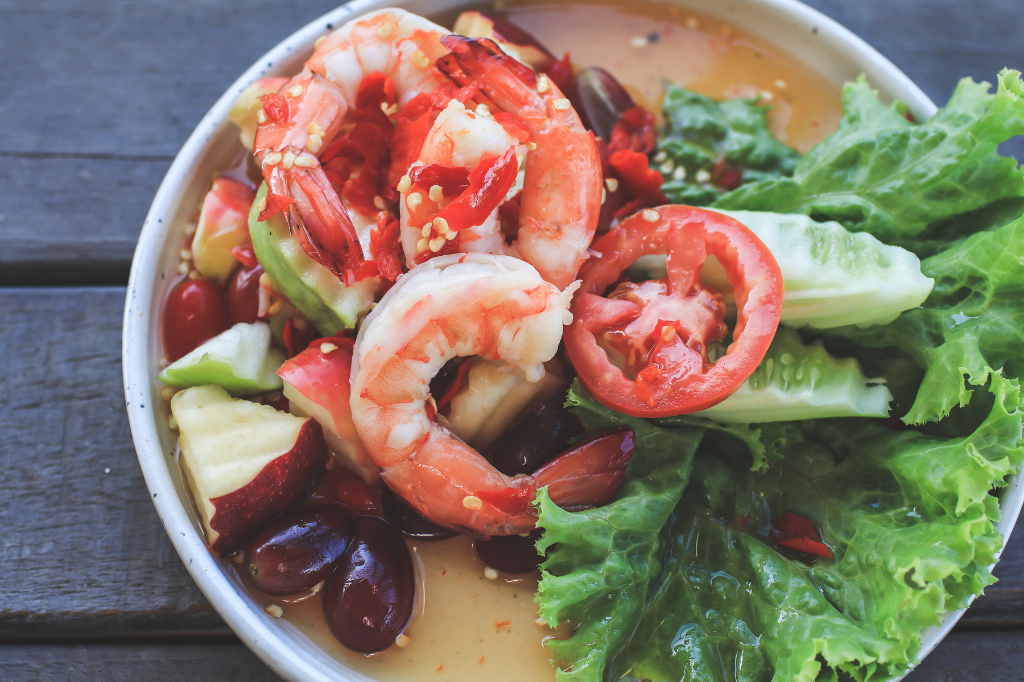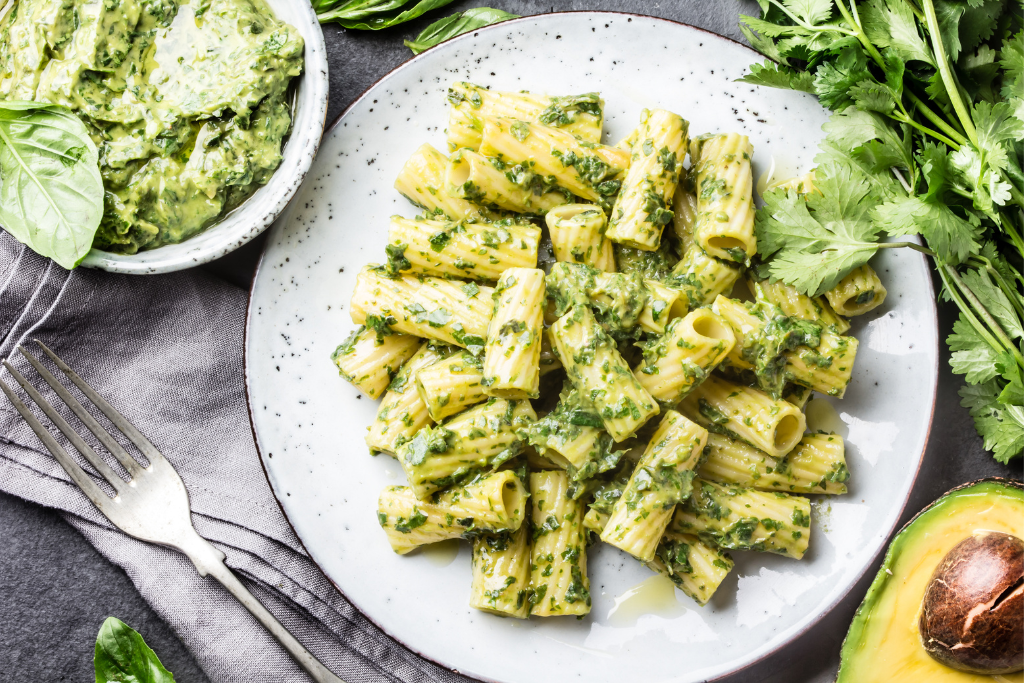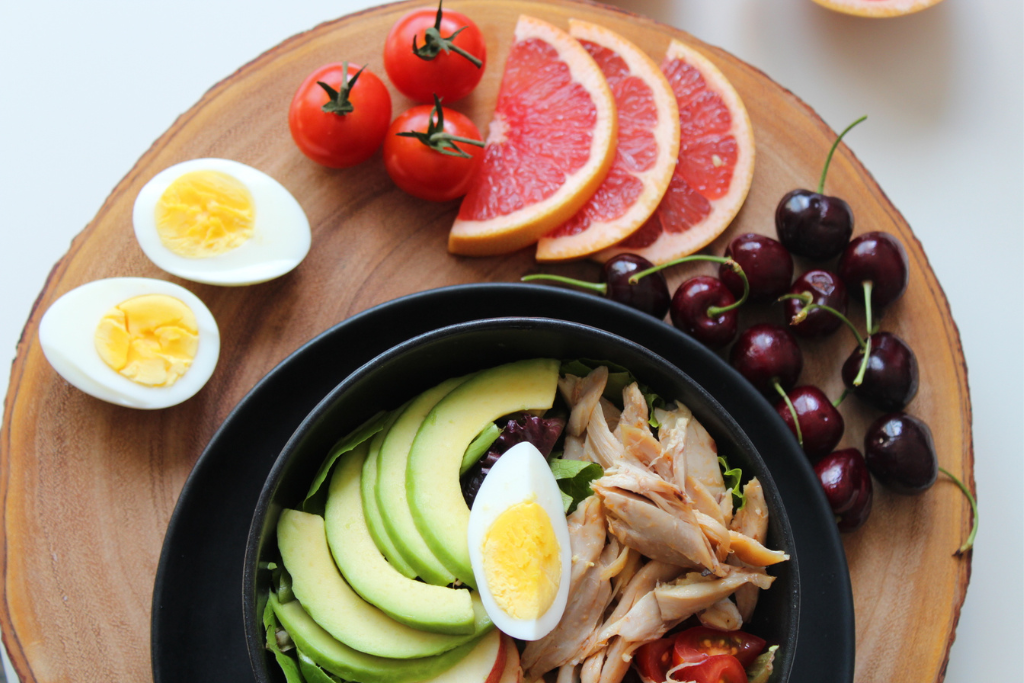There are no strict prohibitions and calorie restrictions in the Mediterranean diet. There are only prescriptions on the choice of foods, their consumption and physical activity. The basis of the diet is vegetables and fruits, cereals, legumes, nuts, olives and olive oil. From food of animal origin, preference is given to fish and seafood, poultry, eggs and low-fat dairy products. Red and processed meat should be eaten rarely and a little at a time. Cooking and eating with family and friends creates a sense of community and social support, which is essential for good health. Another mandatory component - physical activity. You need to move at least 30 minutes a day: walk, climb stairs, do housework. Weekends are better spent outdoors and in good company.
Will the Mediterranean diet help to lose weight The Mediterranean diet helps to reduce weight, but for noticeable results it will take at least six months. At the same time, weight loss will pass comfortably and almost imperceptibly, without torment, sudden weight spikes and setbacks to the previous figure. If you need to lose weight quickly, you can use the rules of the Mediterranean diet, but limit your calorie intake. How and how much to reduce your diet, read here.
What other advantages does the Mediterranean diet have? The main advantage of the Mediterranean diet is its health benefits. In the mid-20th century, scientists noticed that, despite the lack of affordable medicine, the inhabitants of Crete, Greece and southern Italy are less likely to get sick and live longer. After the diet was popularized, numerous studies proved its health benefits, especially for the heart and blood vessels.
Following the diet almost halves the risk of cardiovascular disease, the leading cause of death worldwide. Dieters also lower blood sugar levels and increase insulin sensitivity, which reduces the risk of type 2 diabetes and metabolic syndrome.


What to eat every day?
- 2 servings of dairy products
One serving of milk - 250 g,
yogurt - 200 g,
soft cheese - 120 g,
hard cheese - 40 g.
30-100 g of olives, nuts or seeds. -
Spices and herbs for cooking.
1 glass of red wine for women and 2 for men.
You can drink less or eliminate it altogether. - What to eat each week.
160-200 g of white meat (chicken, turkey).
More than 160 g of legumes.
More than 200 g of fish and seafood.
2-4 eggs.
Less than 240 g of potatoes.
Less than 120-200 g of red meat (beef, pork).
Less than 50 g of processed meats (sausages, frankfurters, cured meats).
Less than 80 g of sweets.

Mediterranean Diet: Day 1
- Breakfast: 250 g spiced apple salad 40 g whole wheat bread.
- Snack: 30 g almonds.
- Lunch: 100 g fried salmon fillet with garlic and cherry tomatoes, 200 g boiled rice, peach.
- Snack: 50 g olives.
- Dinner: 250 g pasta with chicken and broccoli in cream sauce, 40 g whole-grain bread, apple.

- Breakfast:two sandwiches with feta cheese, tomatoes and parsley, apple.
- Snack:40 g of pistachios
- Lunch:250 g salad with chickpeas, peppers and feta cheese, 40 g whole wheat bread, pear.
- Snack:50 g hummus with cut vegetables: cucumber, carrot, bell pepper. Cut the vegetables into straws and dip them in the hummus
- Dinner:100 g tuna meatballs, 150 g boiled potatoes, orange.

Continued menu for the week
Mediterranean diet: Day 3
- Breakfast: 250 g salad with spinach, apples, walnuts, cheese and mustard dressing, whole wheat bun.
- Snack:150 g ricotta, 20 g walnuts.
- Lunch:250 g pasta primavera with vegetables, banana.
- Snack:30 g almonds
- Dinner:250 g couscous with vegetables, 40 g whole wheat bread, pear.
Mediterranean diet: Day 4
- Breakfast:250 g salad with avocado, grapes, rucola, nuts and goat cheese, 40 g whole grain bread
- Snack:40 g pumpkin seeds
- Lunch:250 g pumpkin cream soup, 150 g couscous with vegetables, apple
- Snack:40 g olives, 20 g hard cheese, cucumber, 2-3 cherry tomatoes
- Dinner:250 g spaghetti alla putanesca, 2 tangerines
Mediterranean diet: Day 5
- Breakfast: 2 whole wheat bread sandwiches with hummus, apple
- Snack:5 dates, 30 g almonds
- Lunch:100 g chicken in cream-cheese sauce with spinach (recipe #4), 200 g rice, pear
- Snack:150 g Greek yogurt, peach.
- Dinner:250 g pasta with Mediterranean herring (recipe #6), orange
Mediterranean diet: Day 6
- Breakfast:200 g spinach frittata, 40 g whole wheat bread, peach.
- Snack:150g Greek yogurt with a handful of berries.
- Lunch:250 g pasta alla norma, apple
- Snack:50 g of mixed nuts and dried fruit.
- Dinner:150 g vegetable curry with chickpeas, 150 g rice, pear.
Mediterranean diet: Day 7
- Breakfast:250 g apple-honey salad, whole wheat bun.
- Snack:50 g low-fat cottage cheese with a handful of berries.
- Lunch:250g fish soup, 150g vegetable curry with chickpeas, 40g wholemeal bread, orange..
- Snack:30 g cashews
- Dinner:50 g pasta with tomato sauce, banana

